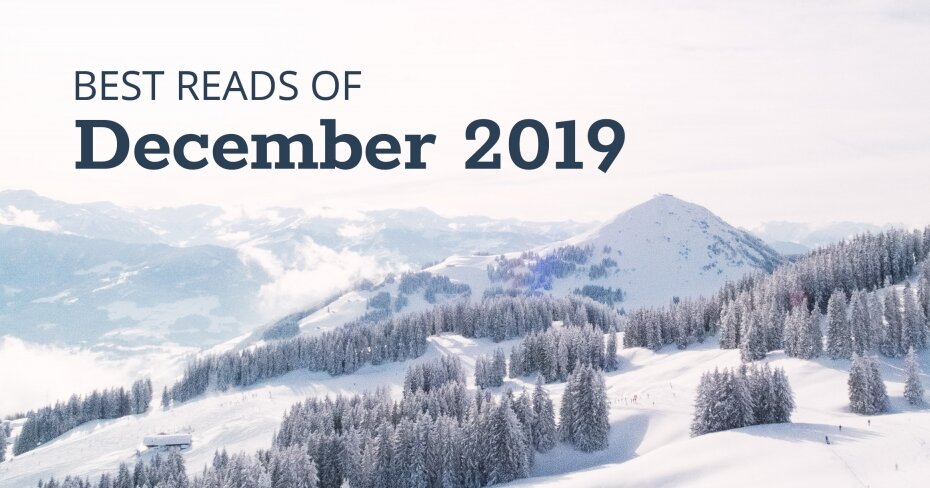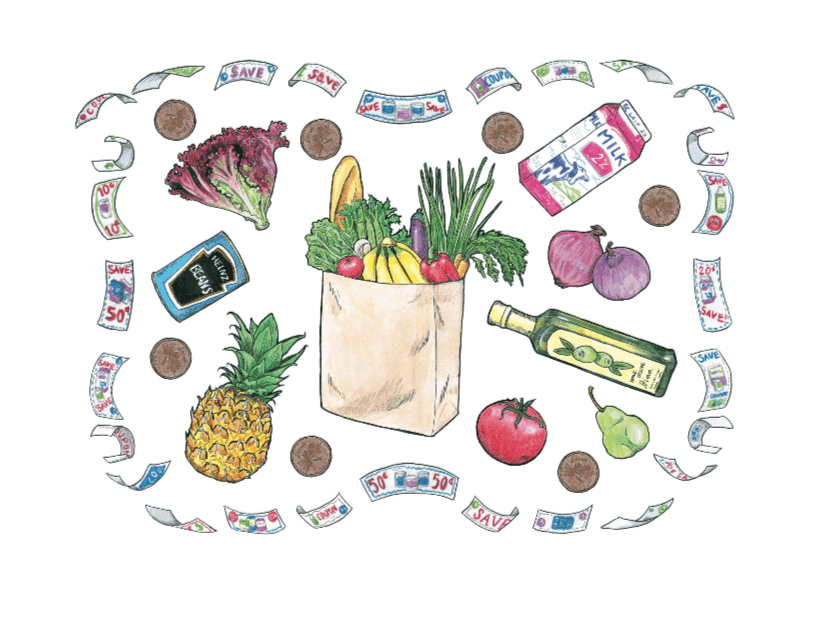These are the best personal finance reads from December 2019
By: Zandile Chiwanza on January 2, 2020
Whether you celebrate Christmas or not, December is typically synonymous with eating, drinking and spending time with family and friends.
Unfortunately, the holiday season is also known for overspending. Speaking from experience, this time of year can be especially hard on finances and many of us deal with the consequences in the new year.
It’s easy to criticize those that get into debt over the holidays, saying it’s the result of a lack of discipline or inability to plan ahead for the occasion. But this blanket approach cuts off a large portion of Canadians who simply can’t afford to “just save” for the holidays.
That being said, there’s no better time to discuss that budgeting and saving for holiday spending is a financial privilege.
The following reads are a reminder to make room for a personal finance community that goes beyond the “cut your lattes and get rich’ style of advice” and questions the personal finance status quo.
Here's Why You Should Rethink That "No Spend" Challenge, via Flare Magazine

Although this article by Sarah Laing was published in late November, this is the best way to set the tone to “check your privilege.”
A ‘No Spend Challenge’ is often marketed as a good way to reset your finances, but what happens when you have no money to spare after paying fixed expenses? How many of us actually stop to think about what a privilege it is to take part in such challenges?
“In so much personal finance advice, there’s this assumption that people are already fed or have a bed to sleep in that night. You see people trying to save 10K for a downpayment—but I’m just trying to make enough to eat today.”
Price-matching our groceries is part of the struggle, via This Magazine

Hadiyyah Kuma writes about the anxiety she experiences when it comes to grocery shopping as a result of growing up depending on price-matching and it's an eye-opener.
“It was work for my mother, going through all of the flyers and comparing prices across the board. It’s work to stand in the line and point to each item. It takes energy to wait and be waited on,” Kuma writes.
Throughout the article, Kuma describes her frustration when hopping from store to store “just to save a couple dollars.”
But what she has come to understand is a “couple dollars can be the difference between paying rent and not paying rent. Having something small to save, and having nothing.”
5 Ways Being Raised By A Refugee Mother Shaped My Relationship With Money, via The Financial Diet

Throughout the piece, Mercedes Killeen explores financial lessons she learned growing up that she’s had to “actively unlearn as an adult.’
As Killeen puts it, everyone has their own history and experience with money and sometimes following our parents’ way can be detrimental to our financial health.
“Each of us is shaped by our environments, our life situations, and our loved ones. So, it’s totally normal that we all have different values. Even though I respect and appreciate the lessons that my mom has taught me about money, it’s also important to make my own decisions,” Killeen writes.


